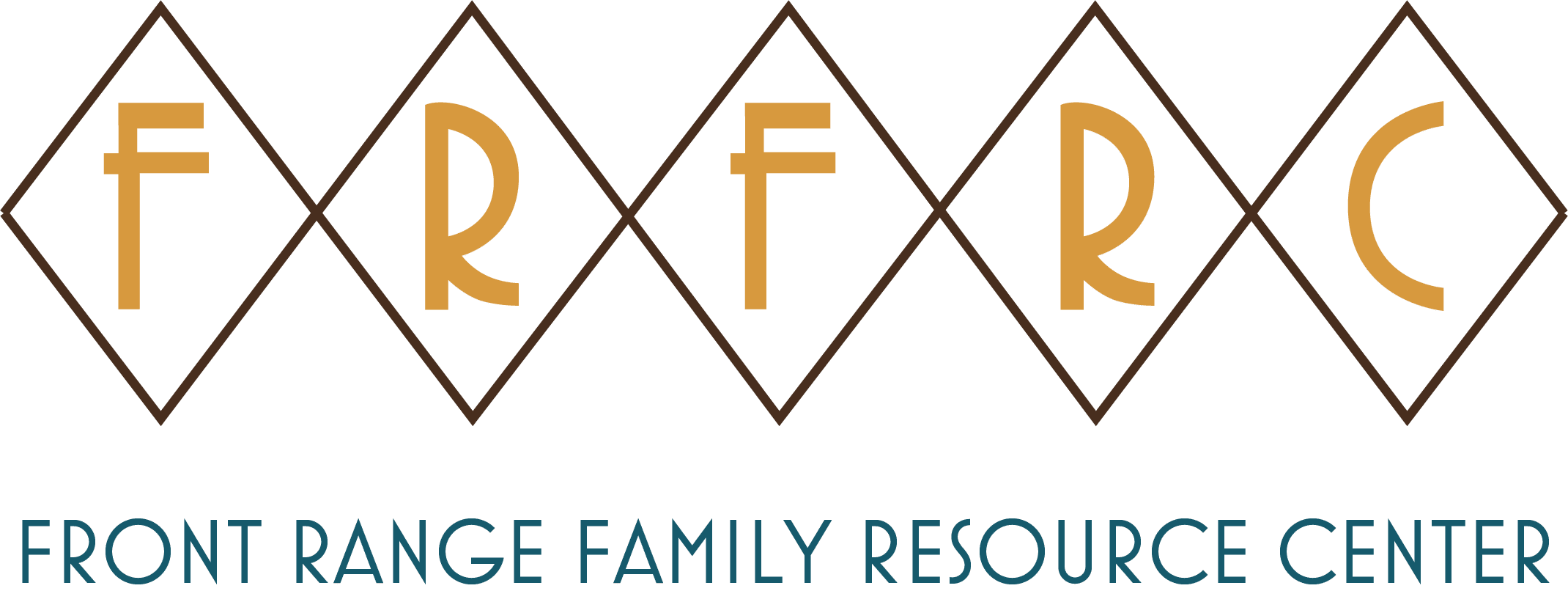Perhaps you served in the military, or you know a veteran who has, and after returning home, you’ve seen or experienced struggles with mental health symptoms that have left you grasping for answers. Maybe you’ve been having trouble sleeping, feeling angry or irritated at minor inconveniences, or even had panic attacks occur out of nowhere. Or maybe you suspect that one of your loved ones is dealing with symptoms of PTSD after completing their tour of service. You think that you’ve noticed some of the signs, but you’re not too familiar with PTSD, and you’re trying to understand what your loved one is going through.
Whether you or a loved one have served in the military, it’s important to understand some of the most common signs of PTSD. Here are a few things that veterans with PTSD often experience.
Flashbacks and Night Terrors
Veterans with PTSD may suffer from flashbacks. They might relive violence they witnessed in their memory throughout the day. These thoughts can become intrusive. Trying to simply think of something else won’t necessarily work. Instead, it becomes impossible to concentrate on other tasks or more positive thoughts.
Furthermore, many veterans with PTSD have trouble sleeping due to night terrors. These night terrors are not like typical bad dreams – instead, it feels like they are in the midst of the traumatizing events all over again. It can be a full-on sensory experience, and it can be very challenging to get enough sleep when one is suffering from night terrors.
Hyper-arousal
Someone with PTSD might feel like they have to stay on high alert at all times. Their brain is sending their body signals that they are unsafe. They fear that if they let their guard down, they will be in danger. Even when they are somewhere that is genuinely safe, they still feel as though something bad could happen to them if they simply relax. This is an especially common symptom with veterans, in particular with veterans who have experienced combat.

Irritability
Some veterans with PTSD may seem irritable, even when there is nothing outwardly wrong. This isn’t to say that veterans with PTSD are intrinsically angry. Anyone with PTSD deals with a range of positive and negative emotions, just like anybody else. However, someone who is dealing with hyper-arousal can be easily irritated, simply because their brain and body are subconsciously on the lookout for danger at all times. Essentially, it’s a protective mechanism, and it can interfere with relationships.
Panic Attacks
Lots of veterans with PTSD live with panic attacks. Living with panic attacks can be very debilitating. Often, an individual experiencing a panic attack feels like they could be having a heart attack. Panic attacks can involve lightheadedness, muscle weakness, severe chest pain, an inability to focus, and feelings of impending doom. Veterans who are often exposed to triggers that remind them of their trauma may be particularly vulnerable to panic attacks. Because they naturally want to avoid these panic attacks, they may avoid certain people, places, and situations where they fear they could encounter triggers.
Isolation
Veterans with PTSD often become isolated. Even if they do maintain social connections with their friends and family members, they might feel emotionally distant from them. They might have trouble opening up to people who haven’t been through what they have. In addition, they might miss the friends they served in the military with. For many veterans, feeling isolated can be a crushing aspect of living with PTSD after their military service.
—
Are you a veteran struggling with symptoms of PTSD? Working with a therapist can help. Reach out to us today to discuss your options for scheduling your first session.
